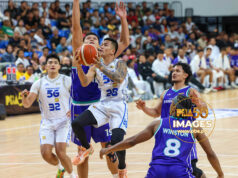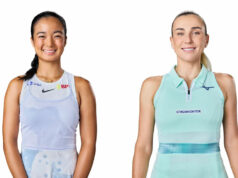THE Philippine Sports Commission-Philippine National Anti-Doping Organization (PSC-PHI-NADO), in collaboration with the Philippine Olympic Committee (POC), recently conducted a virtual seminar on anti-doping regulations for Tokyo Olympiad-bound Team Philippines.
Dr. Alejandro Pineda, Jr., Head of PHI-NADO facilitated the webinar which was attended by national sports association (NSA) officials, coaches, athletes and representatives from 11 sports namely athletics, boxing, golf, gymnastics, judo, rowing, skating, shooting, swimming, taekwondo and weightlifting.
Chef de Mission and Philippine Football Federation President Mariano Araneta gave the opening remarks during the webinar.
Major issues in the anti-doping program, including the 2021 Prohibited List, The Code and International Standards, Doping Control Process, Registered Testing Pool and Therapeutic Use Exemptions were tackled and explained by Dr. Pineda.
“Education is the best and most effective tool in disseminating information drive about anti-doping,” said the PHI-NADO head.
“The principle of strict liability: You, and only you, are responsible for what goes into your body,” he added.
“This is a big help for us,” said Olympic-bound sketaboarder Margielyn Dinadal in Filipino. “Through this seminar, we become aware of the things we have to avoid, including taking any supplement without proper consultation with our coaches, sports officials and experts.”
The Philippines will be having 19 athlete representatives in the Tokyo Olympics which kicks off on July 23.
Aside from Ms. Didal, also going are pole-vaulter EJ Obiena, gymnast Caloy Yulo, boxers Eumir Felix Marcial, Irish Magno, Nesthy Petecio and Carlo Paalam, weightlifters Hidlyn Diaz and Erleen Ann Ando, rower Cris Nievarez, taekwondo jin Kurt Barbosa, shooter Jayson Valdez, golfers Juvic Pagunsan, Yuka Saso and Bianca Pagdanganan, judoka Kiyomi Watanabe, trackster Kristina Knott and swimmers Remedy Rule and Luke Gebbie.



